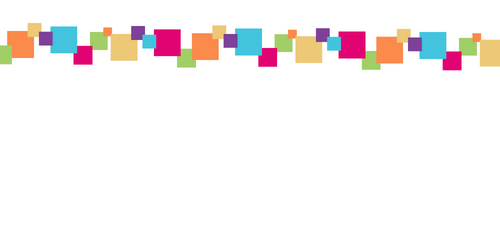Self-Compassion
 (700 Ã 300px) (600 Ã 200px) (500 Ã 200px).png)
Self-compassion involves meeting personal suffering or perceived failure with kindness, balanced awareness and a mindful acceptance of suffering as part of a wider human experience, developing an inner space of safety and the ability to treat ourselves as we would our closest friends.
There are three main components of self-compassion;
- Mindfulness
- Acknowledgement of universal suffering
- Self-Kindness
Self-compassion is mainly about being kind to ourselves and treating ourselves as we would our friends. This means being honest without being demeaning or cruel. It is about acknowledging out faults and failings without letting them define or overwhelm us.
You can incorporate mindfulness into your day-to-day activities by taking notice of your surroundings when out for a walk (what can you hear? What can you see?) or by paying greater attention to the taste, texture and look of your food as you eat. You can read more about this in our “Mindfulness” section.
Another key component of self-compassion is the ability to recognise suffering as part of the wider human experience. What this idea represents is the knowledge that suffering, although hard, is a normal part of human existence, something humans are built to overcome. A greater awareness of this can also lead to a stronger feeling of connection in those who score highly in Self-Compassion as they acknowledge that all people are struggling in their own way and as a result feel less alone.
What support do we offer?
Our Coaching and Wellbeing Team can help you explore incorporating self-compassion into your daily life and how to develop this practice. You can book an appointment to speak to a member of staff or email support.advice@st-andrews.ac.uk for advice
Alternative Internal Support
You can access self-help through various University channels such as:
- ShelfHelp, which provides eBooks or physical copies which can help you understand self-compassion.
- SilverCloud, which provides various modules to work through at your own pace to help understand and manage the feelings to develop self-compassion using cognitive behavioural therapy techniques.
- TogetherAll - a safe, online community where people support each other anonymously to improve mental health and wellbeing. (This service will be available until February 2023. After this time, we recommend that students reach out to SHOUT).
External Support
If you would like to access some self-help materials here are a list of alternative support resources:
- Centre of Clinical Intervention – Self-Compassion
- Kristin Neff - Self-Compassion Exercises
- Positive Psychology – Self-Compassion Research

